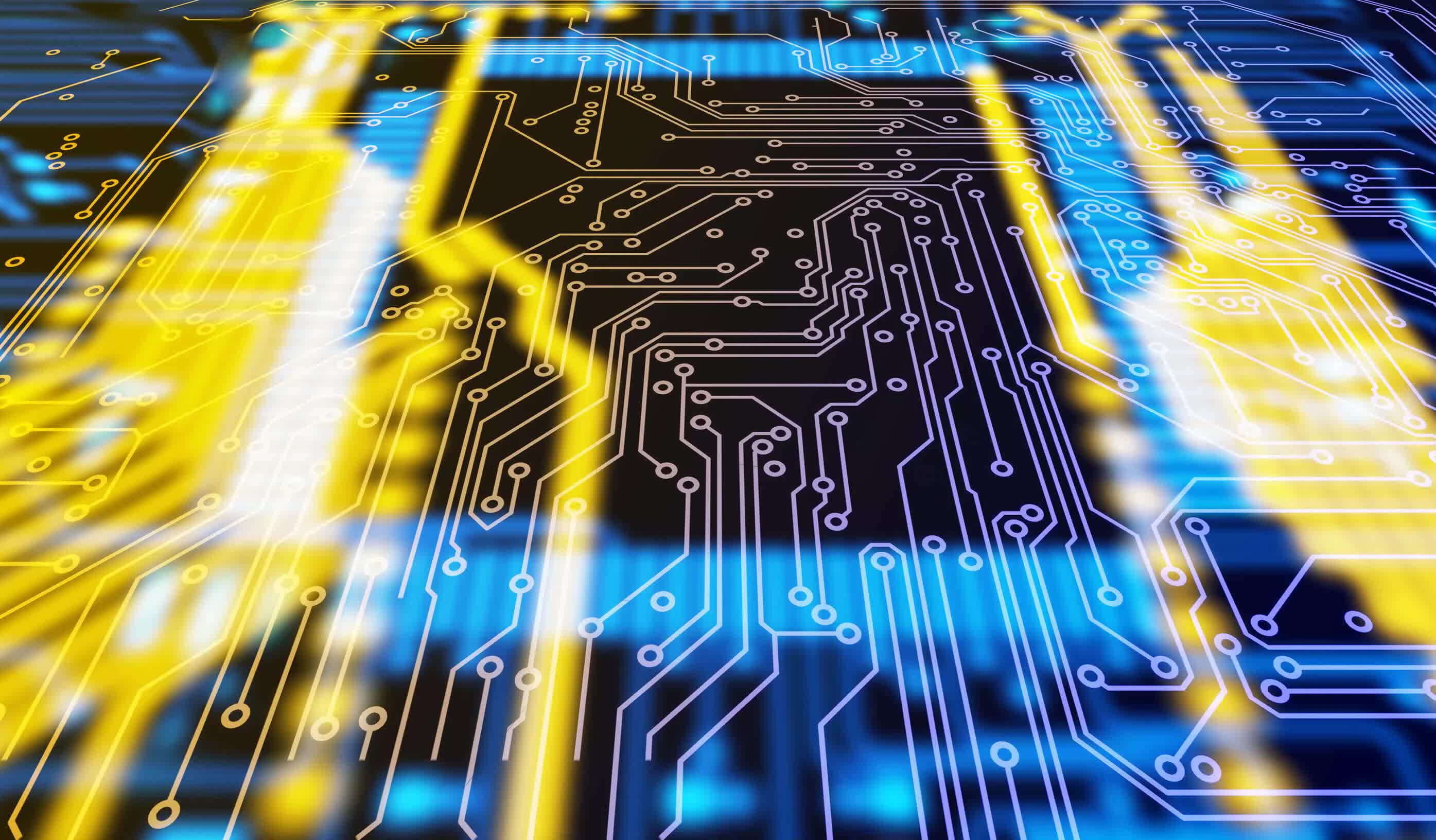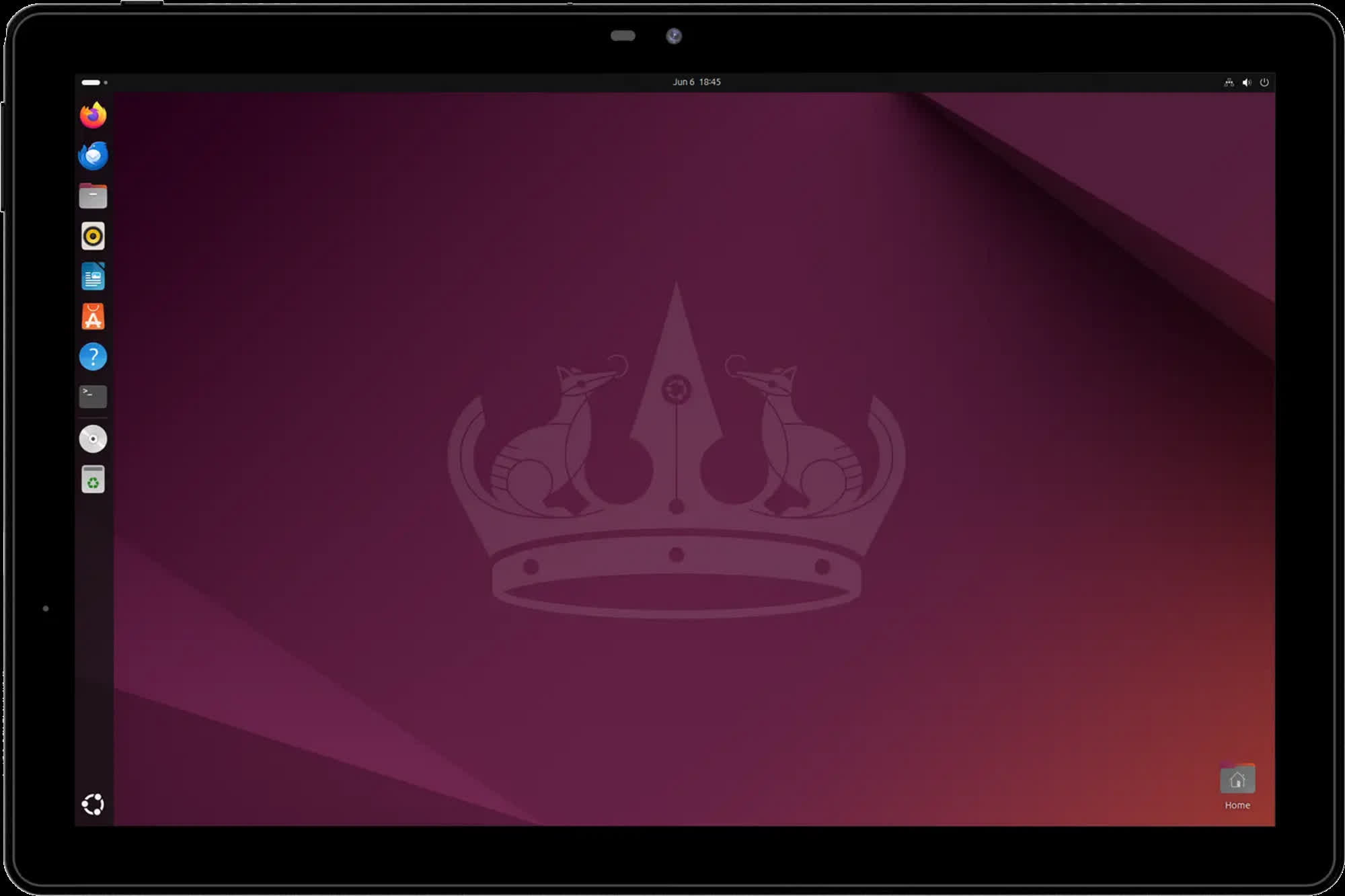In context: After introducing the world's first RISC-V laptop, DeepComputing is now launching what is expected to be the first fully-fledged mobile platform based on the open ISA. The company is making a significant investment in RISC-based chip architecture, a move that many Chinese manufacturers are adopting to reduce their reliance on Western technology.
The DC-ROMA RISC-V Pad II essentially brings the same hardware platform used in the aforementioned laptop to a tablet format, providing the additional capabilities needed for an "advanced" mobile experience.
The DC-Roma RISC-V Pad II is equipped with the K1 SoC developed by the Chinese company SpacemiT, which includes eight 64-bit RISC-V CPU cores, an "AI Fusion" engine, and a Vector engine. The GPU is a BXE-2-32, while the display features a 10.1-inch IPS screen with a 10-point touch interface. The front camera offers up to two million pixels, while the rear camera goes up to five million pixels.
Storage is available exclusively in EMMC format, ranging from 64GB to 128GB. The device's RAM varies from 4GB in the "Basic" edition to 16GB in the "Premium" variant. The Pad II is available in four different versions, including two with 16GB of RAM and the option to switch the device's native operating system to Android.

The new platform is equipped with the latest version of Ubuntu Desktop 24.04, which, according to DC, provides a "versatile" environment for native development on the RISC-V architecture. Prices start at $150 for the model with 4GB of RAM and 64GB EMMC storage and go up to $300 for the model with 16GB of RAM and 128GB EMMC storage. However, the company may implement a price increase after the initial pre-order period.
DeepComputing will showcase the first units of the DC-Roma RISC-V Pad II at the upcoming RISC-V Summit China 2024, giving potential customers a chance to test the finished product firsthand. "This event marks a significant milestone in our mission to empower the RISC-V community with innovative tools that drive progress and innovation,' the company said.
DC continues to highlight the development-focused mission of the Pad II, which supports both a native touch interface and a traditional keyboard-driven workflow. Programmers can now easily test their mobile apps on the device without cross-platform data transfers.
DeepComputing is among the many companies active in the Chinese market focusing on the emerging RISC-V ecosystem. The open standard architecture was initially conceived at the University of California, Berkeley, but is now overseen by RISC-V International. The non-profit organization moved to Switzerland a few years ago to avoid US trade restrictions, which is likely one of the main reasons Chinese companies are investing in this open, royalty-free ISA technology.
